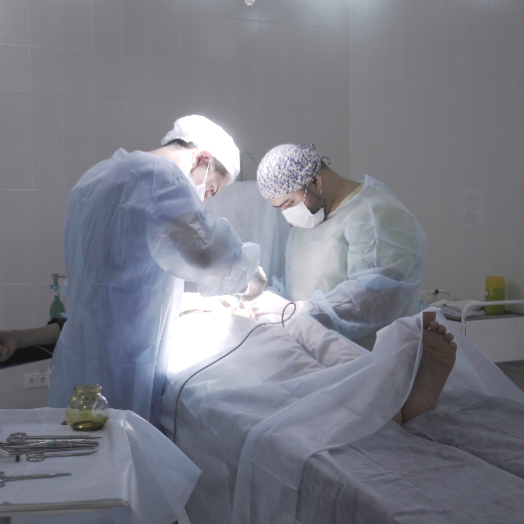The symptoms of testicular cancer may include a painless lump or swelling in one or both testicles, a feeling of heaviness in the scrotum, a dull ache in the lower abdomen or groin, and breast tenderness or growth. However, in some cases, testicular cancer may not cause any symptoms.
The exact cause of testicular cancer is not fully understood, but risk factors include a family history of testicular cancer, an undescended testicle, abnormal testicular development, and certain medical conditions such as Klinefelter syndrome.
Treatment for testicular cancer typically involves surgery to remove the affected testicle, followed by chemotherapy or radiation therapy to kill any remaining cancer cells. In some cases, a combination of these treatments may be used. The choice of treatment depends on the stage and severity of the cancer, as well as the patient's overall health and other factors.
The prognosis for testicular cancer is generally good, with a high cure rate, especially when it is diagnosed and treated early. Even in cases where the cancer has spread to other parts of the body, many patients can still be successfully treated.
